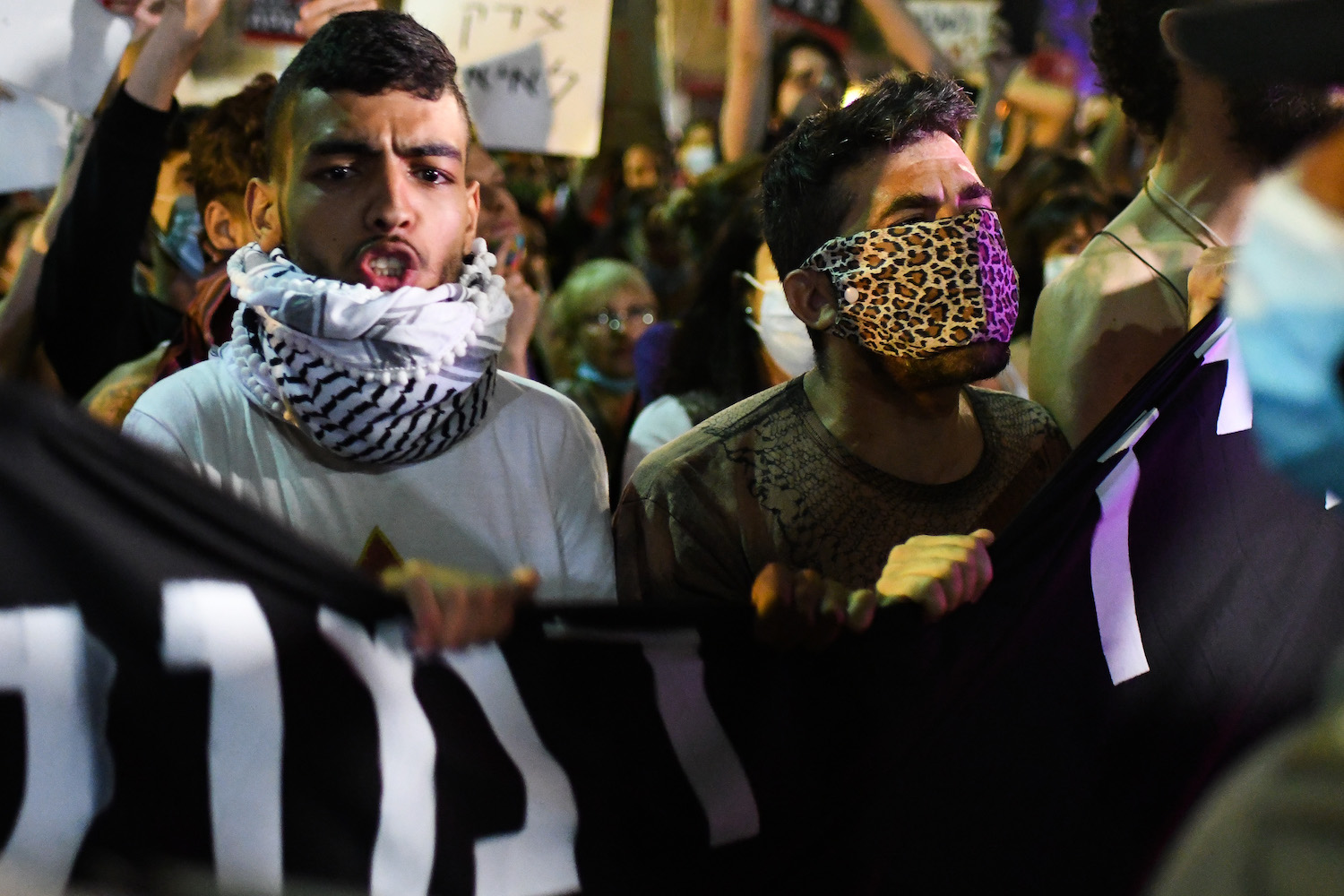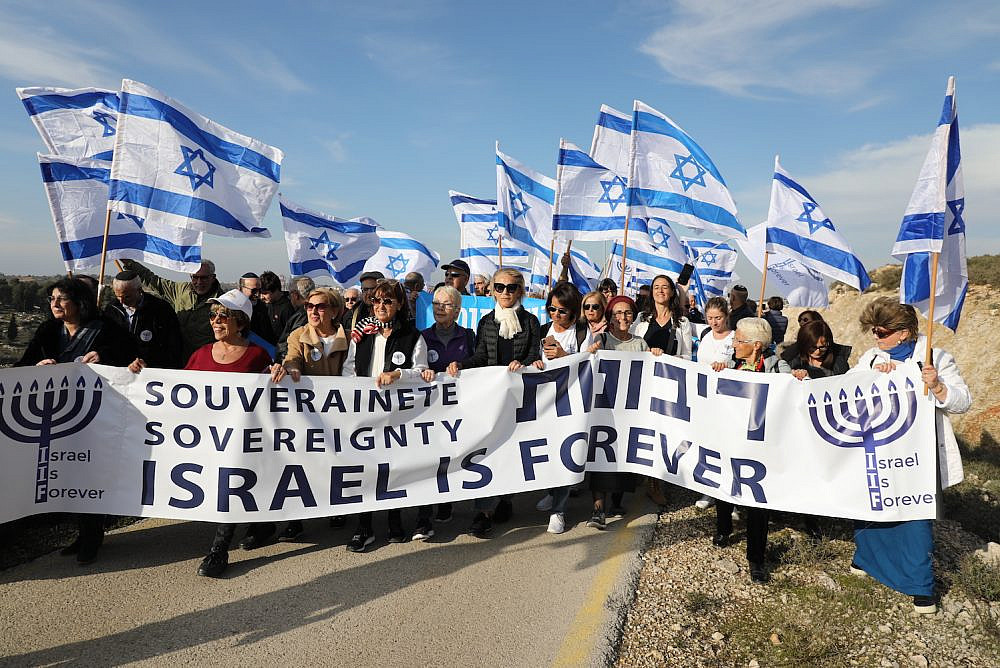Over 500 professors of Jewish Studies from around the world have signed a petition against Israeli Prime Minister Benjamin Netanyahu’s plans to annex large parts of the occupied West Bank.
According to the petition, which was published in English, Hebrew, and Arabic, the “continuation of the occupation and the stated intention of the current elected government in Israel to annex parts of the West Bank, thereby formally (de jure) creating apartheid conditions in Israel and Palestine.”
“At this still uncertain and dangerous historical inflection point,” says the petition, “we reject Annexation and Apartheid, racism and hatred, occupation and discrimination. We commit ourselves to an open culture of learning, cooperation, and criticism in relation to Israel and Palestine.”
It remains unclear just how much of the occupied West Bank Netanyahu will formally annex, if at all. The prime minister has repeatedly declared his intention to annex at least 30 percent of the territory, starting as early as July 1.
Among the signatories are leading academics in the field of Jewish Studies in the United States, including Rabbi Chaim Seidler-Feller from UCLA, Yale professor Samuel Moyn, and UC Berkeley’s Chana Kronfeld.
The petition further states that the Israeli government has made it clear that Palestinians in the West Bank who will be annexed to Israel will not receive citizenship, and that the “most likely outcomes… will be further unequal distribution of land and water resources on behalf of illegal Israeli settlements, more state violence, and fragmented Palestinian enclaves under complete Israeli control.”
Under such circumstances, goes the petition, annexation will “cement into place an anti-democratic system of separate and unequal law and systemic discrimination against the Palestinian population,” which the signatories say will amount to “conditions of apartheid.” Such a step, they warn, will lead to an “inevitable spike in anti-Semitism and Islamophobia, and polarization between minority communities.”
According to Mira Sucharov, a professor of Political Science at Carleton University in Ottawa, Canada, Israel’s moves toward annexation signal a “dangerous trend further towards full apartheid. Palestinian territorial rights and human rights are in jeopardy. Israeli democracy is being further eroded.”

“Annexation is a continuation of long-term processes, yet it is a very dangerous turning point,” says Prof. Nitzan Lebovic of Lehigh University in Pennsylvania, one of the academics behind the petition. “We were amazed by the immediate response of many of the signatories,” he says. “There were no arguments about the word ‘apartheid.’ This was a response to [Israel’s] right-wing turn over the last years.
“The question is not just Netanyahu’s declaration of annexation, but what has been going on since 1948, and particularly since 1967, with the annexation of 64 square kilometers (24.7 square miles) around Jerusalem along with tens of thousands of Palestinians. Annexation will create two regimes, political and civil — one for Jews and one for Arabs. In terms of international law, this has been defined as a continuation of the idea of apartheid.”
According to Lebovic, annexation will contribute to a rise in antisemitism, as well as Islamophobia and racism against other minority groups. “Annexation is seen as a unilateral step for the State of Israel, but it will have implications for every Jewish person around the world. As lecturers on campus, we are called to repeatedly explain Israel’s actions. Annexation will put us in a position where we have no ability to explain why Israel decided to institutionalize its attack on international law. The Jewish community finds itself in a position that it must declare a separate identity from Israel. Israel needs to decide whether this is a desirable outcome.”
Meanwhile, 240 legal scholars from around the world, including Israel, have signed a separate petition against annexation, saying it would constitute a “flagrant violation of bedrock rules of international law, and would also pose a serious threat to international stability in a volatile region.”
A version of this article was first published in Hebrew on Local Call. Read it here.


